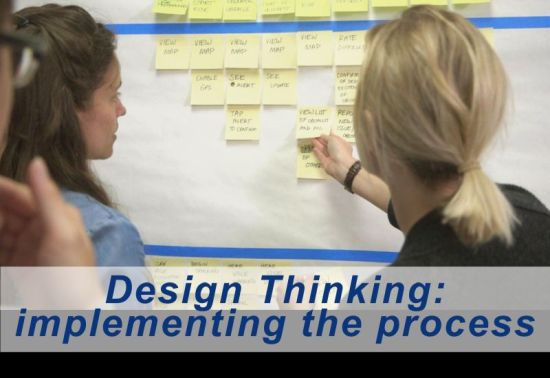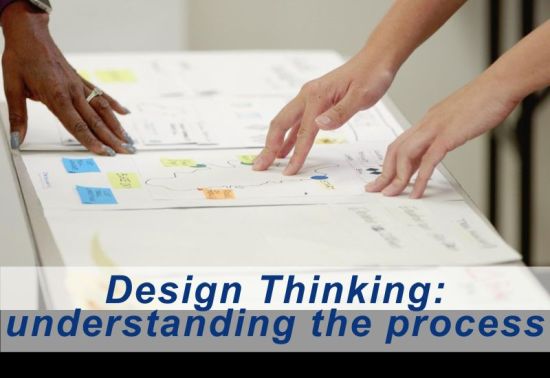
Design thinking can help you save time and find more creative solutions to your customer needs. Learn how to implement a design thinking process at your company, with this practical guide from user experience expert Chris Nodder. Follow along with a sample project—a trail maintenance app—as it goes through a one-week design thinking process. Watch the development team use design thinking to turn new ideas into a testable concept and full-featured product. Along the way, you'll learn who should be involved, what activities you need to perform, and how to observe users, come up with great ideas, test solutions with prototypes, and plan development. Plus, discover how to avoid the common issues that can get in the way of a successful design thinking session, and the traps that people fall into when using the process for the first time.
Topics include:
- Assembling a team
- Finding a location
- Watching real users
- Mapping the customer journey
- Identifying pain points
- Coming up with good ideas
- Testing ideas with real customers
- Planning development
- Understanding the benefits of design thinking

Curious about design thinking? It's the design methodology on everyone's mind. Design thinking can help you save time and find more creative solutions to your customers' needs. In this course, Chris Nodder explains where design thinking fits into product development and what it can help you achieve. He describes each step in the process, from identifying the problem you want to solve and brainstorming solutions, to prototyping, development, and release. Learn about the pros and cons of this approach and how to overcome challenges such as organization inertia and silos. Done right, design thinking can start your organization moving toward broader user-centered design techniques such as information architecture, content testing, usability testing, and marketing research.
Topics include:
- Agile, lean, and design thinking
- Preparing to sell design thinking to your organization
- Finding the real problem
- Ideation
- Prototyping
- Correcting course
- Offshoring and outsourcing
- Getting past organizational inertia and silos
- Tracking your success
